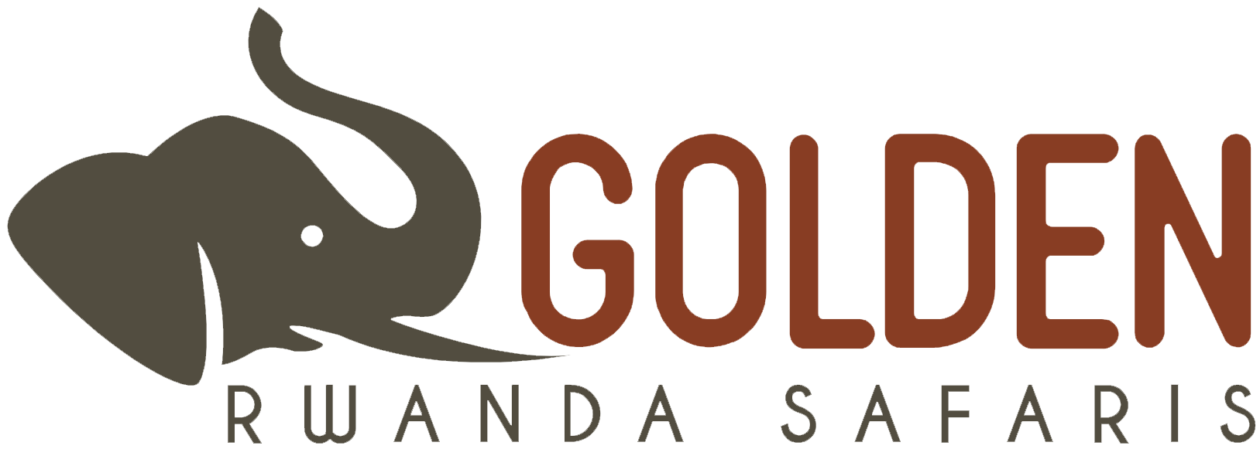
The History of Rwandan Coffee & The Story Behind
Prior to discussing the flavor notes, it’s important to acknowledge the story and sweat that’s been poured into harvesting each little Bourbon bean (hopefully no actual sweat has made it’s way into my cup). Why? So we can understand how the premium paid to the smallholder farmers is a reward for excellence and how this coffee is a relic of the nation’s troubled past.

The History of Rwandan Coffee
Rwanda has had a troubled history and coffee has been a part of that history since the 1930’s. At that time, coffee was a key driver of the economy and the Belgium colonial government forced farmers to grow coffee whilst controlling prices and imposing high export taxes. The result of this was that the farmers earned very little for their low-grade coffee, which served as a filler to higher quality beans used in commercial-grade coffee. This high volume and poor quality coffee exportation model persisted following Rwandan independence in 1962 with marginal, if any, improvements to the coffee quality or to the welfare of the farmers who grew it. Perhaps, this historical exploitation explains why many Rwandans today actually hate coffee and prefer tea.

The next major change was the 1990’s world coffee price drop crisis, which occurred as the 1994 genocide in Rwanda took place. These two events took a massive toll on Rwanda and its coffee industry and by the year 2000, the washing and processing infrastructure for coffee was completely devastated and this made growing coffee a near pointless endeavour.

It took about ten years for the industry to begin to recover, and now, in modern day Rwanda, there is a National Coffee Strategy to further recover, improve and expand the coffee industry. This aggressive economic strategy is geared towards the production of high quality coffee cherries and therefore high-quality beans, or as we know it – specialty coffee. Funding from both the Rwandan government and other countries as well as private investors has made all this possible. Farmers and their families now benefit from higher and more stable prices and exciting projects such as Buf Café continue to emerge.

Speaking from my own exposure to Rwandan coffee, it has become a considerable player in the third wave that’s exploded over the past few years within the UK and Europe. Roasters such as Drop Coffee Roasters and Has Bean have caught this wave and latched onto the revival of the coffee industry in Rwanda.
For more Information Contact Us:
Golden Rwanda Safaris is full-service incoming Operator in East Africa![]()
Tel: +250-788-319-727![]()
Email: go**********@***il.com![]()
KN 4 st,Kigali
Kigali, Rwanda
Recent Posts
Rwanda’s Gorilla Naming Ceremony
Ironman 70.3: First-time visitors impressed by Rwanda’s safety and cleanliness.
Quick booking process
+250 788 319 727







